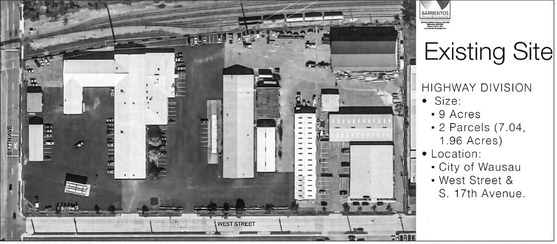Highway shop


Continued from page 1
Instead, most of the meeting was dedicated to discussing the potential Highway shop relocation, which has been studied multiple times o...


Continued from page 1
Instead, most of the meeting was dedicated to discussing the potential Highway shop relocation, which has been studied multiple times o...